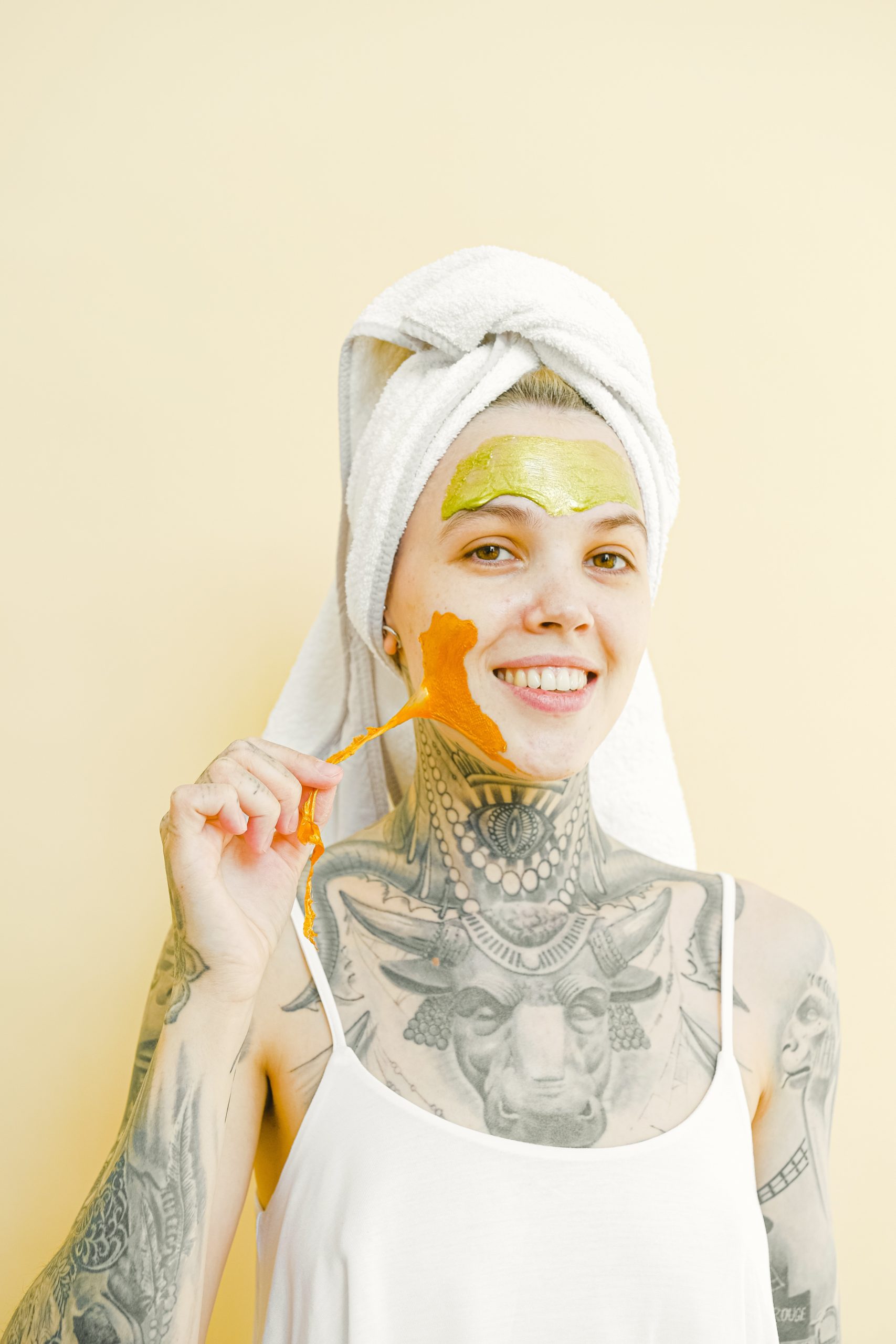When you get a tattoo, you’re making an investment in your future self. You are deliberately choosing to mark your skin with a permanent image; it’s not something that will ever go away. So it’s important to be prepared for the long-term implications of getting a tattoo.
Not only will caring for your new ink take time and patience but keeping it healthy is also essential to its longevity. This article details everything you need to know about how to care for your skin after getting a tattoo and to learn how you can get a tattoo apprenticeship.
Tattoo Care Basics
Protection – Tattoo protection is vital when you’re healing. Whether you get your ink in a sterile or non-sterile environment, you need to protect your skin as much as possible. This includes wearing loose-fitting clothing, avoiding heavily scented products, and keeping your skin clean and moisturized.
Rest – The healing process will take time, so take the rest you need. It’s recommended that you avoid strenuous exercise, especially with any kind of impact, while your skin is healing. You should also avoid laying on your tattoo since it could lead to additional scabbing.
Moisture – Moisture is essential for the healing process, which is why you should be sure to moisturize your skin as often as possible.
Sterilization and Disinfection
Sterilization – First and foremost, you need to be sure that your tattoo shop is in a clean and sanitized environment. You should also make sure that your tattoo artist has been certified by their state’s health department.
Disinfection – All of your equipment should be disinfected between every client. This is especially important while your artist is working on you. Your artist should be using fresh gloves, a new pair of needles, new ink, and a fresh jar of pigment powder. Everything else should be cleaned or soaked in an autoclave or other disinfectant.
Tattoo Aftercare Basics
Moisture – One of the most important aftercare tips is to keep your skin moisturized. You want to avoid drying out your new tattoo as much as possible. This will help keep your skin from scabbing and becoming itchy.
Sunlight – Another important thing to keep in mind is that your tattoo needs sunlight. Without it, your tattoo won’t be able to heal properly. It’s recommended that you expose your new tattoo to the sun for about 90 minutes per day.
Rest – It’s important to give your tattoo the rest it needs. This means resting it for a couple of days after getting it done.
Tattoo Care Tips
Stay Clean – You want to make sure that you’re regularly cleaning your tattoo. This will help prevent infection while it’s healing. Avoid using antibacterial soaps, since they could dry out your skin. Coconut oil is an excellent option for cleaning your tattoo.
Stay Dry – Your tattoo will heal more quickly if you’re able to keep it dry. This could include keeping it covered with a bandage or wrapping it in a thin layer of gauze.
Avoid Touching It – A lot of people recommend that you don’t touch your tattoo. It’s important to keep it free of bacteria and germs, even if you think you’re being careful.
Avoid Scratches – It’s also a good idea to avoid letting your tattoo come into contact with other areas of your skin. Your new tattoo is healing and needs time to do so. Scratching it could delay that process.
Tattoo Scars and Pigment Changes
Scarring – It’s important to understand that no matter how well you care for your tattoo, there’s a chance it could scar. This can happen for a variety of reasons, including the skill of your artist, your individual skin type, and your personal healing process.
Pigment Changes – Another thing to keep in mind is that the pigment in your tattoo could change over time. There’s a chance that your new tattoo could fade or change in colour. This doesn’t mean it’s gone bad, it simply means that it’s normal for tattoos to change over time.
Your skin is a living and breathing organ. Because of this, you will experience a wide range of changes over the course of your life, including the normal aging process.
While some may find the notion of getting a tattoo a little bit scary, it’s important to understand that the process isn’t a death sentence for your skin. It’s an investment in your future self and takes a bit of maintenance to get it there.
Skin Protection While Healing
Moisturizing – It’s important to keep your tattoo moisturized while it’s healing. There are a variety of lotions and ointments that can help protect your skin and keep it hydrated.
Aloe Vera – Aloe Vera is a natural product that can be used to keep your skin hydrated. It’s often used by doctors and dermatologists to treat inflamed and irritated skin. Aloe Vera can be applied to your tattoo either with a cotton pad or a bandage.
Coconut Oil – Coconut oil is another natural product that can be used to keep your skin moisturized. It’s especially useful when you’re healing a new tattoo since it won’t clog your pores as some other creams might.
Conclusion
Getting a tattoo is a big decision. It’s important to be prepared for the long-term implications of getting a tattoo. This includes protecting your skin and keeping it moisturized while it heals.
Make sure that you’re visiting your doctor regularly and keeping your immune system strong. This will help keep your body healthy and prevent it from rejecting your tattoo.
Tattoo protection is vital when you’re healing. It’s important to keep it clean and avoid touching it while it’s healing. Your tattoo will look and feel better in the long run if you follow these tips.

